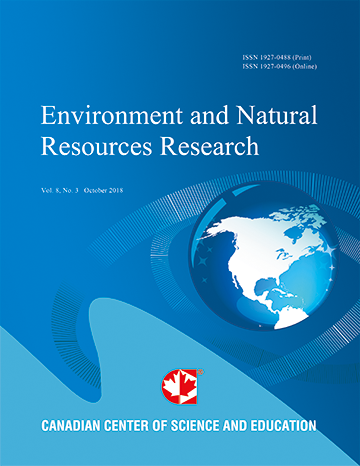The Sustainable Livelihood Challenge of REDD+ Implementation in the Philippines
- Rose Jane Peras
- Juan Pulhin
- Makoto Inoue
- Abrar Jurar Mohammed
- Kazuhiro Harada
- Masatoshi Sasaoka
Abstract
The forestry sector in the developing world has been continuously challenged by the unsustainability of forest resources and the threat of climate change. Reducing Emissions from Forest Degradation and Deforestation (REDD+) was launched to address the problem, and the Philippines accepted the challenge by undergoing the 10-year phased process. Using the sustainable livelihoods framework, this paper examines the challenges of REDD+ implementation in the Philippines using the case of Southern Leyte REDD+ pilot area and highlights the co-benefits and trade-offs of pilot project activities on the five (5) capital assets. Our findings suggest greater impacts of CBFM on the key indicators of change than REDD+. There is very high association of the natural and financial capital assets with REDD+ pilot project activities, yet financial benefit is short-lived. Local people highly regarded the contribution of assisted natural regeneration and reforestation activities in sequestering carbon, while agroforestry is perceived to sustain agricultural production in the future. The major drawback of REDD+ pilot project activities is that it perpetuates the failures of CBFM initiatives giving little attention to sustainable livelihood objectives. Forest conservation policy like REDD+ as a mechanism for addressing climate change can still be adopted by local communities if livelihood capital assets will be further enhanced.
- Full Text:
 PDF
PDF
- DOI:10.5539/enrr.v6n3p91
Journal Metrics
Google-based Impact Factor (2016): 6.22
h-index (November 2017): 12
i10-index (November 2017): 19
h5-index (November 2017): 11
h5-median (November 2017): 12
Index
Contact
- Emily LinEditorial Assistant
- enrr@ccsenet.org
